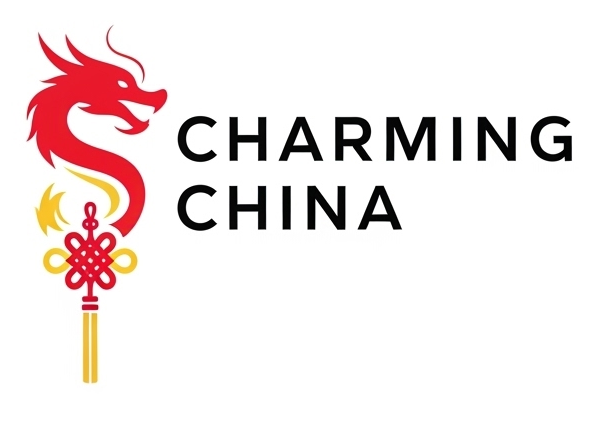TCM Body Constitutions
Traditional Chinese Medicine (TCM) offers a holistic approach to health by classifying individuals into different body constitution types. These types reflect your unique physical traits, emotional patterns, and susceptibility to various health conditions. Understanding your TCM body constitution is the first step toward personalized wellness and preventive care.
What Is TCM Body Constitution?
Your body constitution in TCM describes the balance of Yin and Yang, Qi (vital energy), blood, and body fluids. It influences how you respond to environmental changes, diet, stress, and illness. Unlike Western medicine, TCM emphasizes balance and harmony within the body to maintain health.
The Four Basic TCM Body Constitutions
Our test identifies four fundamental body constitution types, each with distinct characteristics and health implications:
1. Balanced Constitution (平和质)
People with a balanced constitution generally have strong energy levels, stable emotions, and a good ability to adapt to changes in the environment. This type reflects optimal health and harmony within the body.
Tips to Maintain Balanced Constitution:
- Follow a balanced and nutritious diet
- Engage in regular physical activities like walking or yoga
- Manage stress through mindfulness or meditation
- Get adequate rest and maintain a regular sleep schedule
2. Qi Deficient Constitution (气虚质)
Qi deficiency is marked by feelings of fatigue, weakness, and shortness of breath. This condition indicates that the body’s vital energy is insufficient to sustain normal functions.
How to Improve Qi Deficiency:
- Prioritize rest and avoid overexertion
- Practice moderate exercises such as Tai Chi or Qi Gong
- Incorporate Qi-nourishing foods like oats, chicken, beans, and sweet potatoes
- Avoid excessive stress and maintain a calm emotional state
3. Yang Deficient Constitution (阳虚质)
Individuals with Yang deficiency often feel cold, especially in their hands and feet, and may have a pale complexion. This reflects a lack of warming energy in the body.
Recommendations for Yang Deficiency:
- Keep warm, especially in cold weather
- Avoid cold or raw foods and drinks
- Eat warming foods such as ginger, cinnamon, lamb, and garlic
- Engage in light physical activities to boost circulation
4. Yin Deficient Constitution (阴虚质)
Yin deficiency manifests as internal heat symptoms, including warm palms and soles, dry mouth or throat, and night sweats. It suggests a lack of cooling and nourishing fluids in the body.
Tips for Yin Deficiency:
- Drink plenty of cooling fluids like water and herbal teas
- Avoid spicy, fried, or greasy foods
- Eat cooling foods such as pears, tofu, mung beans, watermelon, and cucumber
- Practice calming exercises and ensure restful sleep
Knowing your body constitution helps you make informed choices about diet, lifestyle, and health care. This personalized insight can guide you in preventing illness, managing symptoms, and achieving long-term wellness naturally.
